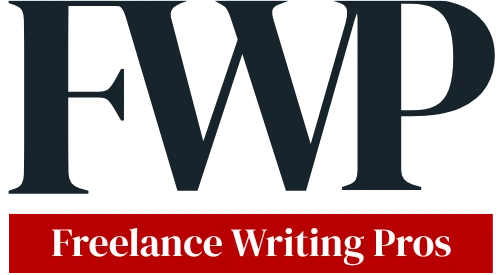NEWSLETTER 7
New on the Blog
This week’s new post at Freelance Writing Pros is about vanity metrics: what they are, why chasing them is a waste of your time, and what you should focus on instead as a freelance writer.
Real vs Fake “Authority”
In this week’s post on vanity metrics, I touched on the topics of “authority” and “influence.”
If you’ve followed my writing over the years, you’ll know these are topics I’m passionate about. And problems I saw in the PR community more than a decade ago have increasingly flowed into the freelance writing and blogging communities since.
Today I’d like to touch on why you as a freelance writer need to understand the difference between real and fake authority, and some tips on doing that.
Why Freelance Writers Should Care About Authority
There are two main reasons the issue of authority is important to us as freelance writers:
- Our own authority in our specialty area can influence our ability to attract clients and how much we can charge.
- When we publish, on behalf of ourselves or clients, we have to be able to identify sources with true authority or risk damaging our own (and our clients’) reputations.
These can be a big deal. And yet I see false authorities routinely slipping into the work of professional freelancers.
What Makes Someone a True Authority?
The two main components of actual authority are:
- Experience
- Expertise
In other words, a true authority on a topic has both hands-on experience in that area and/or extensive expertise through other means (academia, research, etc.).
Things That do Not Indicate Authority
Here’s where problems come in.
Experience and expertise are sometimes flat-out ignored when writers are seeking sources to cite.
At other times, that experience and expertise are assumed as a result of faulty metrics (like those discussed in this week’s post). This is the more common issue I see in blog posts and other work from freelancers.
But here’s the thing.
Someone isn’t an authority simply because they:
- run a popular blog or website;
- having a big mouth where they’re constantly self-promoting;
- have a few attractive bylines (with large publications taking on low-pay freelancers for online-only versions in recent years, these aren’t tough to come by anymore);
- have a large social media following (again, a vanity metric often used to deceive as false “social proof”);
- frequently talk or write about the topic they want to be seen as an authority in without actively working in that area (think “freelance writing experts” who make most of their money selling to other writers rather than from actual freelance writing gigs);
- happen to be highly ranked in Google (Google is largely to blame for the boost of false authorities online — something I’ll talk more about on NakedPR next year).
These things sound obvious, right? But because of issues like vanity metrics, it’s easy for non-experts to portray themselves as authorities. And freelance writers often amplify these false authorities as a result, no matter how well-intentioned.
Keep these things in mind the next time you’re looking for an expert to cite in a client’s article, when deciding what to share on social media, and when deciding who to cite or link to in your own blog content.
You’ll avoid taking a hit to your own reputation (or a client’s) unintentionally by relying on false signals.
Jenn
